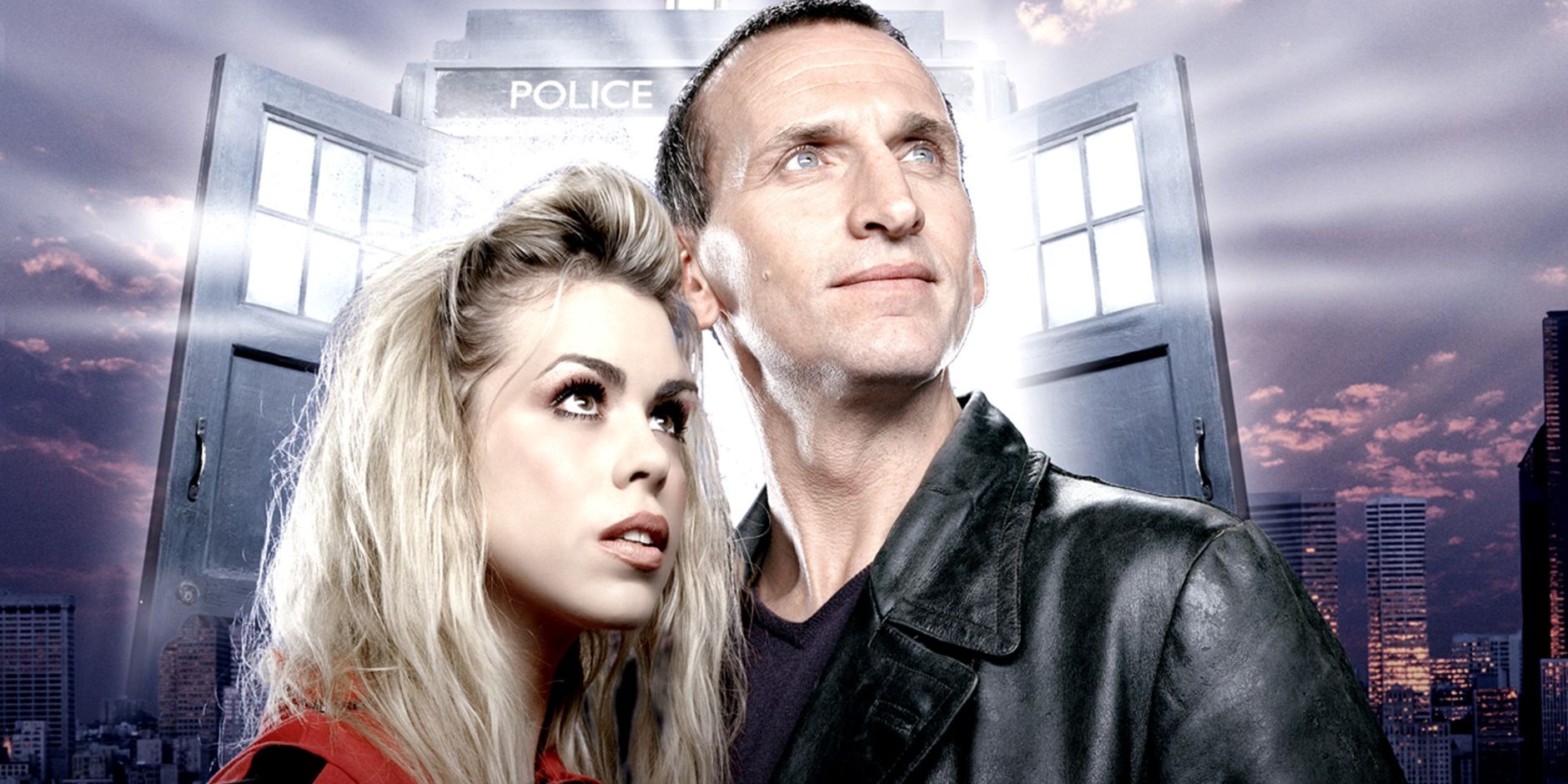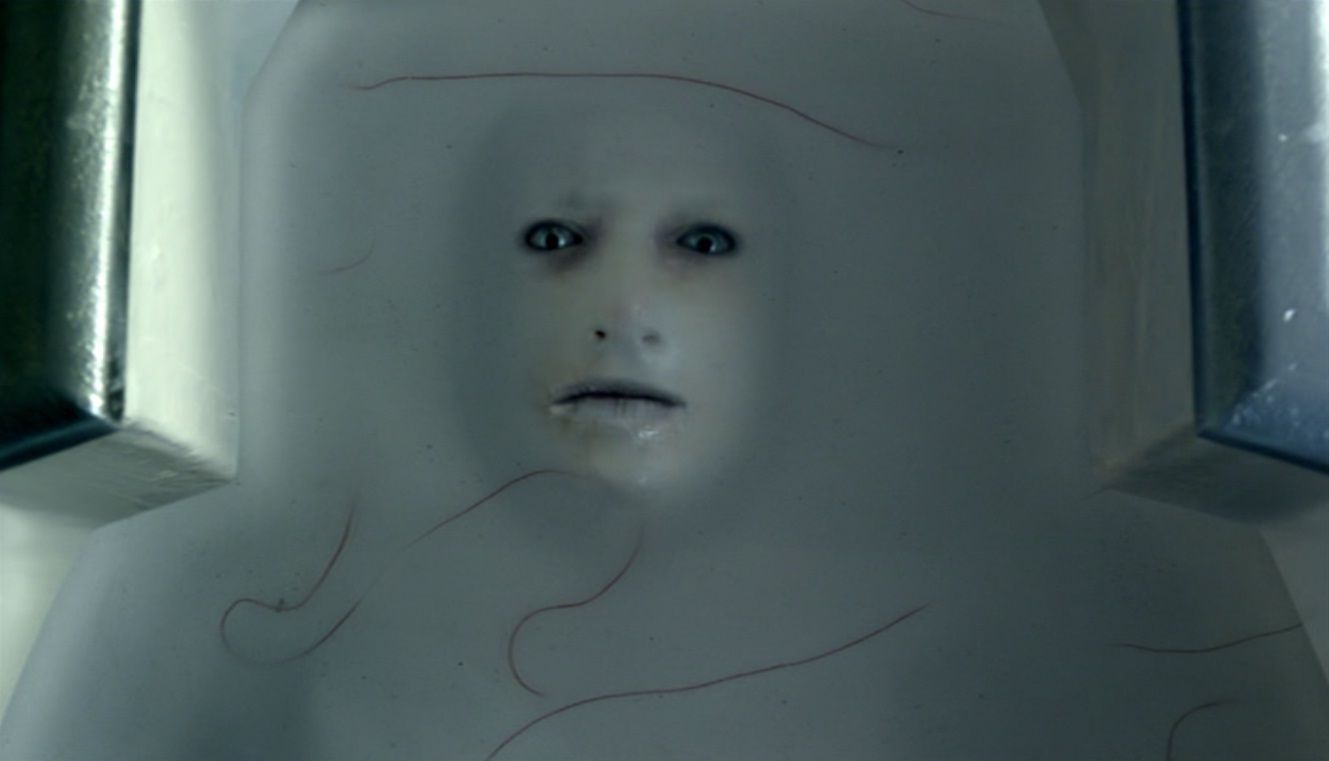In 2005, after 16 years off the air, Doctor Who made its triumphant return to television. The series that was once famous for cheap rubber monsters and wobbly sets came back with a bang. Not only did a bigger budget and modern CGI give the series a glossy 21st century makeover, but Russell T Davies had evolved the Doctor (now in his ninth incarnation, played by Christopher Eccleston), making him the last of his species, and chose to spend more time exploring the personal lives of the Doctor's companions. The result was a series with deeper characterization and human drama alongside dazzling sci-fi spectacle. However, Davies' vision for Doctor Who wasn't the only one considered for the series' return.
When the BBC were looking at reviving Doctor Who, three other pitches were also put forward. Of all the ideas in consideration, Davies' concept was possibly the closest to classic Doctor Who - the Time Lords and Gallifrey may have been gone, but the tone and premise of the show was more or less a straight continuation of the original series. Other writers' ideas ventured a little further from convention.
Dan Freedman was one of the other writers to pitch to BBC executives. In some ways, Freedman may have seemed an obvious choice to work on a Doctor Who revival, as he had previously penned a continuation of the classic series. His 2001 "webcast" -- a semi-animated series consisting of five episodes -- for the BBCi website, "Death Comes to Time," featured Sylvester McCoy's Seventh Doctor and included the death of the Time Lord.
Freedman's pitch for the television revival was described as a fantasy retelling, which picked up where "Death Comes to Time" left off. Interestingly, this version not only rejected the canonicity of the poorly received 1996 Doctor Who TV movie, in which McCoy's Doctor regenerated into Paul McGann's Eighth Doctor, but also replaced the Doctor altogether. "Death Comes to Time" introduced a Time Lord known as the Minister of Chance, whom Freedman had succeeding the deceased Doctor. It's possible Freedman's fantasy reimagining of Doctor Who also included the more godlike iteration of the Time Lords seen in the webcast.
Matthew Graham, best known for his work as co-creator of sci-fi police procedural Life on Mars, was behind another of the pitches for Doctor Who's return. Little is know of Graham's version of Doctor Who, other than the fact it was described as a "Gothic-style pitch." Even though his pitch wasn't chosen, Graham still went on to write for Doctor Who, first for David Tennant's Tenth Doctor and later for Matt Smith's Eleventh Doctor. While for his first story, 2006's "Fear Her," Graham was asked to write a more lighthearted romp to precede the darker series finale, his 2011 two-parter, "The Rebel Flesh" and "The Almost People," may provide a window into his early Doctor Who ideas. The pale, noseless clones of this story, emerging from pools of liquid flesh and reshaping into grotesquely inhuman forms, offer perhaps a small taste of Graham's darker vision.
The final pitch came from Mark Gatiss, Clayton Hickman and Gareth Roberts and was said to be envisioned not as a continuation, but a reboot of Doctor Who continuity. Unlike Davies' eventually commissioned series, which emphasized the companion's role as the audience's entry point to the show, this pitch made the Doctor himself the audience surrogate. The series reportedly introduced the Doctor as a mysterious figure in a village antiques store - not too far off from his original introduction as the strange old man pottering around a scrapyard in 1963's "An Unearthly Child." Gatiss and Roberts both went on to write for Doctor Who, while Hickman collaborated with Roberts on episodes of the spin-off, The Sarah-Jane Adventures.
Whether any of these radical reimaginings of the Doctor Who mythos would have succeeded among fans will remain up for speculation. Although some fans may certainly have enjoyed a darker or just wildly different take on the series, there can be little doubt that the BBC chose wisely in greenlighting Russell T Davies' Doctor Who. With his bold, fun but heartfelt revitalization of Doctor Who, Davies transformed the show into the global phenomenon it is today.



